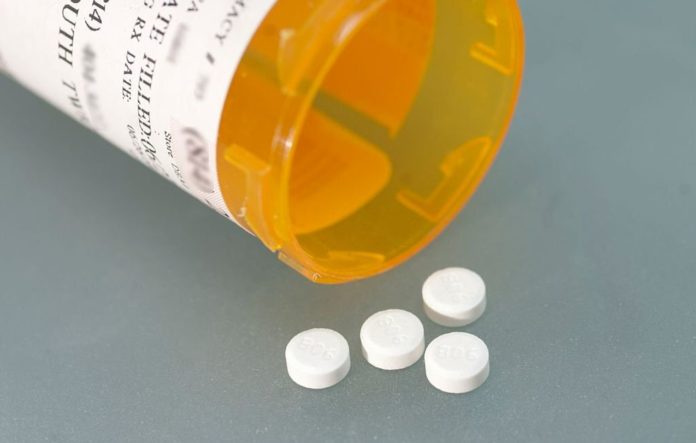Shocking side effects of Ivermectin, an antiparasitic drug.
According to a new peer-reviewed study published in The Journal of the American Medical Association (JAMA) on Friday, ivermectin is ineffective in preventing severe disease in COVID-19 patients.
The open-label trial looked at 490 high-risk COVID-19 patients in Malaysia at 20 public hospitals and a quarantine center.
Patients aged 50 and up with confirmed SARS-CoV-2 infections, comorbidities, and mild-to-moderate illness were included in the study.
Patients were divided into two groups: those who got standard care without Ivermectin and those who received normal care + Ivermectin.
The Ivermectin group received a five-day course of the medicine, consisting of 0.4mg/kg body weight each day, according to the researchers.
Patients in the Ivermectin group (52) were somewhat more likely than those in the control group (43) to develop severe disease.
Furthermore, 33 of the 55 study participants who encountered adverse effects were in the Ivermectin group, whereas 11 were in the control group. Four of the Serious Adverse Events (SAE) occurred in the Ivermectin group, while just one occurred in the control group.
Adverse events are events that occur when a person is being treated or participating in a clinical trial, but are not always caused by the treatment.
According to the study, less than 5 percent of COVID-19 patients in Malaysia advance to a hypoxic state requiring oxygen supplementation. While molnupiravir and nirmatrelvir/ritonavir have been found to be effective as early COVID-19 treatments, they are too pricey for widespread use, according to the researchers. Ivermectin, on the other hand, is cheap, easy to use, and widely available.
While some early clinical studies revealed Ivermectin’s potential usefulness in the treatment and prevention of COVID-19, the researchers noted that “these studies had methodological weaknesses.”
According to an article cited in the study, the 5µM concentration required to produce anti-SARS-CoV-2 activity of Ivermectin in “test-tube” tests is significantly greater than the 0.28 M concentration attained in human investigations at a dose of approximately 1700 µg/kg (about nine times the FDA-approved dose).
In 2021, two randomized clinical trials in Colombia and Argentina and a Cochrane meta-analysis also found that Ivermectin did not help treat or prevent severe illness. A recent meta-analysis of eight randomized clinical trials of Ivermectin for the treatment of COVID-19 found that the medicine had no effect on survival.
The team in the trial released on Friday stressed that they discovered “no evidence” that Ivermectin was effective in reducing the risk of severe illness.
They further added that the “notably higher” incidence of adverse events in the Ivermectin group “raises concerns about the use of this drug outside of trial settings and without medical supervision.”
Source: 10.1001/jamainternmed.2022.0189
Image Credit: Getty
You were reading: New study reveals what ‘Ivermectin’ does to COVID patients
